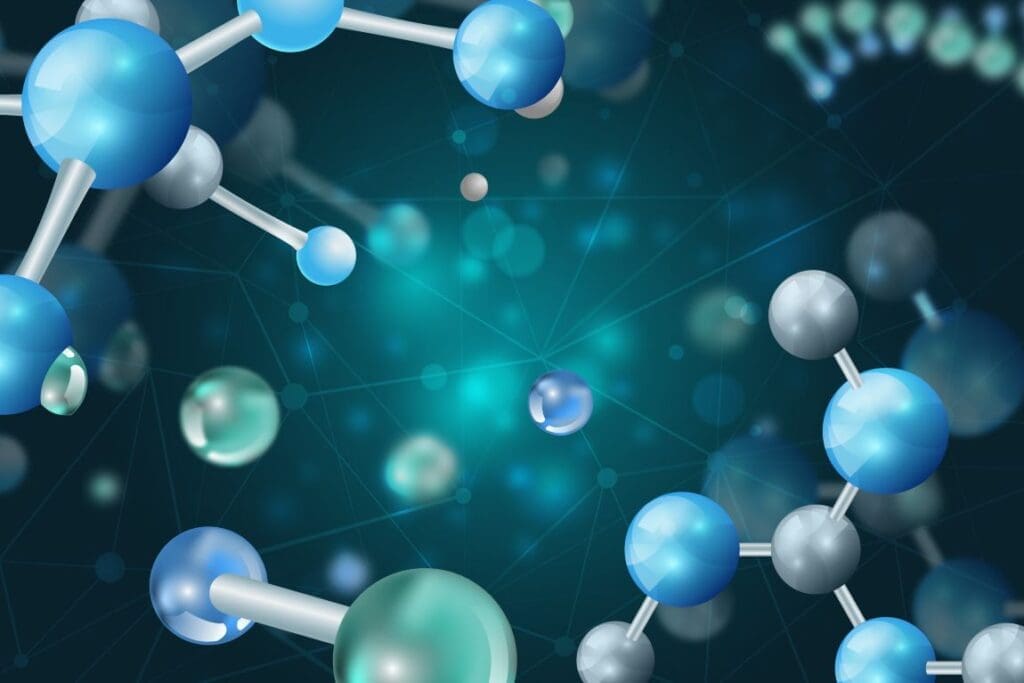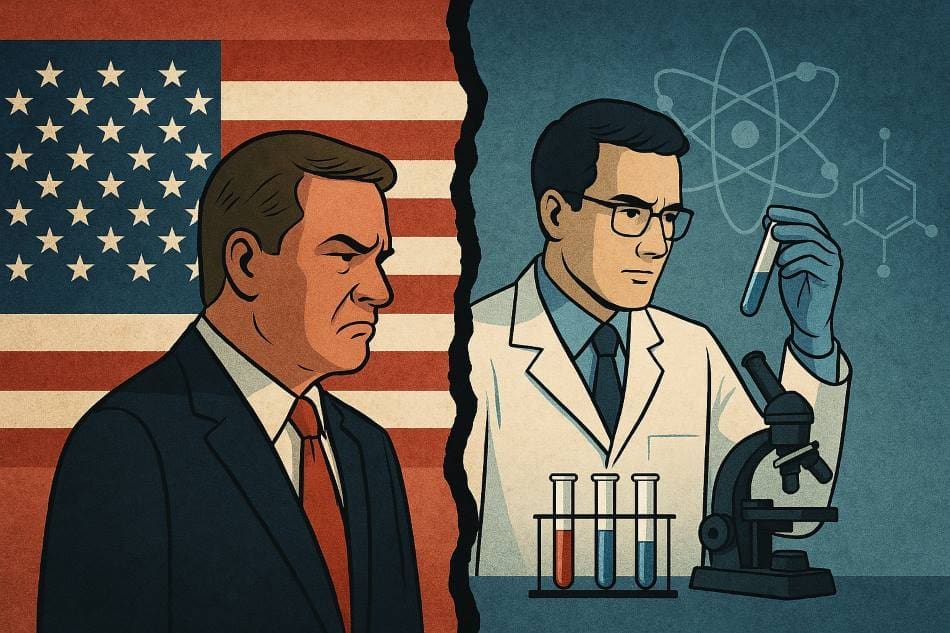Summary:
Conservative Americans tend to distrust scientists across a wide range of disciplines — not just in areas that challenge their political worldview, such as climate change or public health. A large new study led by social psychologists at the University of Amsterdam surveyed 7,800 Americans and found that conservatives report significantly lower trust in scientists compared to liberals, even in fields that support economic growth. The results were published in Nature Human Behaviour.
Researchers assessed public trust in 35 scientific professions, from biologists and social scientists to atomic physicists and chemists. While liberals consistently expressed more confidence in scientists, conservatives showed lower trust across the board. “Their distrust extends across science as a whole,” said lead researcher Bastiaan Rutjens. The study also tested five interventions designed to bridge the trust gap by aligning scientific messages with conservative values. None of these efforts proved effective, pointing to deeply held attitudes that may require more sustained and personalized approaches.

Conservative Americans consistently distrust science
Conservative people in America appear to distrust science more broadly than previously thought. Not only do they distrust science that does not correspond to their worldview. Compared to liberal Americans, their trust is also lower in fields that contribute to economic growth and productivity. Short interventions aimed at strengthening trust have little effect. This is apparent from new research by social psychologists at the University of Amsterdam, which has now been published in Nature Human Behaviour.
Science helps solve major societal problems, such as pandemics and climate change. But if people do not trust scientists, they will be less likely to accept scientific solutions. “In America, but also in other countries, conservatives generally have lower trust in science,” says Bastiaan Rutjens, one of the researchers involved. “Since the 1980s, trust of science among conservatives in America has even been plummeting.”
Part of the explanation is that scientific findings do not align with conservatives’ political or economic beliefs. ‘But science is also increasingly dismissed in some circles as a “leftist hobby”, and universities as strongholds of the leftist establishment,’ Rutjens adds.The researchers wanted to gain more insight into how trust varies across scientific fields and whether short interventions could strengthen trust.
Research among almost 8,000 Americans
The researchers asked 7,800 Americans about their views on 35 different scientific professions, ranging from anthropologists to biologists and atomic physicists. They examined the differences between people who identified as conservative or liberal.
They then tested five interventions aimed at increasing trust in scientists specifically among conservatives. These interventions addressed the reasons why people may distrust science: its perceived misalignment with moral values or the idea that scientists are not part of their in-group. The interventions highlighted how scientific results were actually in line with conservative beliefs or showcased conservative scientists.
Less trust across all fields
Liberals were found to have more trust than conservatives in all 35 scientific professions that were examined — not just in fields that align with their priorities, such as climate change or inclusion, but also in areas focused on industry. However, the differences in levels of trust were not entirely uniform, with levels varying depending on the scientific field.
The gap was particularly large for climate scientists, medical researchers and social scientists. “This is likely because findings in these fields often conflict with conservative beliefs, such as a free-market economy or conservative social policies,” Rutjens explains.
The trust gap was smaller in technical and applied disciplines, such as industrial chemistry. “These fields are more focused on economic growth and productivity,” Rutjens adds. “But it remains striking that even here, conservatives show lower trust. Their distrust extends across science as a whole.”
Deep-rooted distrust
Another striking finding was that none of the five interventions succeeded in increasing conservatives’ trust in scientists. Even when the message was well-aligned with their values, their attitude hardly changed. “This suggests that their distrust is deeply-rooted and not easily changed,” says Rutjens.
Stronger interventions needed
Rutjens finds it difficult to predict how scientific distrust will evolve: “Extreme things are happening in America right now. But even here in the Netherlands we are seeing unprecedented discussions being held around science, sometimes accompanied by significant distrust.”
As the new research shows, it is difficult to strengthen trust in science using quick interventions. “This does not mean it is impossible, but these short interventions do not work to make science more transparent and reliable for certain groups,” Rutjens explains. “We need stronger interventions that make science truly personal. What can science contribute to your life, here and now?”
Journal Reference:
Gligorić, V., van Kleef, G.A. & Rutjens, B.T., ‘Political ideology and trust in scientists in the USA’, Nature Human Behaviour (2025). DOI: 10.1038/s41562-025-02147-z
Article Source:
Press Release/Material by University of Amsterdam (UvA)
Featured image credit: Muser Press (AI Gen.)




